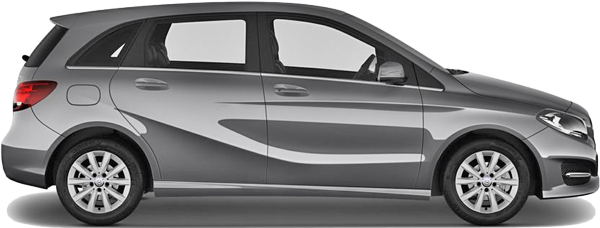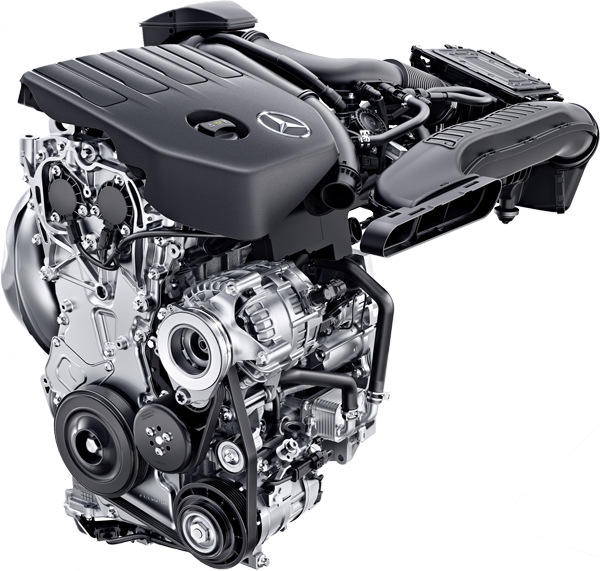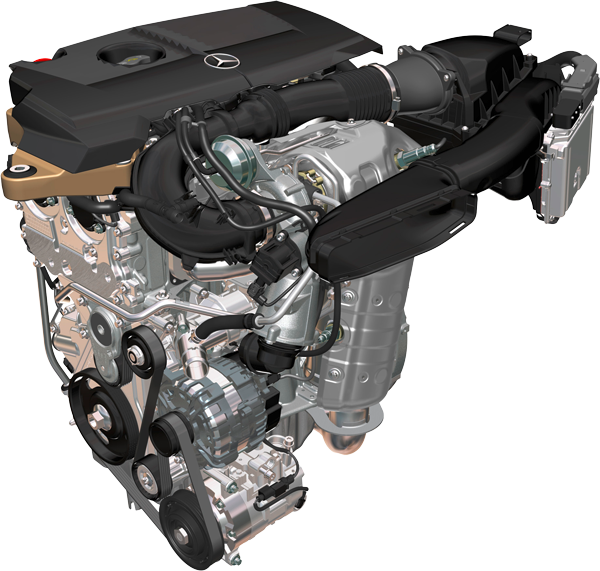The Comparative Analysis :
Mercedes B 200 7G-DCT (19 - ..) vs. Mercedes B 250 7G-DCT (14 - 18)
€ 31,500

€ 35,600

€ 31,500
Base Price ⓘBase price of a new vehicle with standard equipment in Germany at market launch.
€ 35,600
ⓘBase price of a new vehicle with standard equipment in Germany at market launch. Price Info
Vehicle Dimensions
The B 200 is a bit bigger in every dimension. It's 2.6 cm longer, 1 cm wider and 0.5 cm taller than the B 250.
B 200
B 250
1562
1796
2020
1557
1786
2010
1796 mm
Width
1786 mm
2020 mm
Width Incl. Mirrors
2010 mm
1562 mm
Height
1557 mm
2729
4419
2699
4393
4419 mm
Length
4393 mm
2729 mm
Wheelbase
2699 mm
Vehicle Weight
B 200
B 250
1410 kg
Kerb Weight
1465 kg
1960 kg
Gross Vehicle
Weight
Weight
1990 kg

Weight Difference:
55 kg
3.75 %

General
B 200
B 250
W247
Generation
W246
Multi-Purpose Vehicle
Car Body Style
Multi-Purpose Vehicle
Unleaded (95 RON)
Fuel Type
Unleaded (95 RON)

Front-wheel drive
Drive
Front-wheel drive

7-speed dual clutch transmission
Transmission
7-speed dual clutch transmission
Engine
B 200
B 250
Straight-four petrol engine with turbocharger
Engine Type
Straight-four petrol engine with turbocharger
Mercedes-Benz M 282
Engine Series
Mercedes-Benz M 270
M 282.914
Engine Code
M 270.920


4
Valves
4
4
Cylinders
4
1332 CC
Engine Capacity
1991 CC
161 bhp
at 5500 rpm
Power
208 bhp
at 5500 rpm
B 200
161 bhp
208 bhp
B 250
250 NM
at 1620 rpm
Max. Torque
350 NM
at 1200 rpm
B 200
250 NM
350 NM
B 250
Performance
B 200
B 250
139 mph
Maximum Speed
149 mph
8.5 sec
Acceleration 0 to 62 mph
6.8 sec
62 mph
62
mph
mph
118 m
0.000 sec

B 200
62 mph
62
mph
mph
94 m
0.000 sec

B 250
▶ REPLAY
8.76 kg/bhp
Weight-to-Power Ratio
7.04 kg/bhp
B 200
8.76 kg/bhp
7.04 kg/bhp
B 250
Fuel Economy / Emissions
B 200
B 250
Fuel Economy
52 mpg
combined
46 mpg
B 200
52 mpg
46 mpg
B 250
42 mpg
city
33 mpg
61 mpg
motorway
60 mpg
43 L
Fuel Tank Capacity
50 L
495 mi
Range
501 mi
B 200
495 mi
501 mi
B 250
Environmental Impact
102.4 kWh
Total Energy Consumption
per 100 miles ⓘThe total energy consumption per 100 miles is the amount of energy consumed by a vehicle when burning fuel or using electricity per 100 miles (final energy), and the energy required to produce the appropriate amount of fuel or electricity (primary energy).
per 100 miles ⓘThe total energy consumption per 100 miles is the amount of energy consumed by a vehicle when burning fuel or using electricity per 100 miles (final energy), and the energy required to produce the appropriate amount of fuel or electricity (primary energy).
117.5 kWh
B 200
102.4 kWh
117.5 kWh
B 250
Euro 6d
Emission Standard
Euro 6b (NEFZ)
138 g/km (WLTP)
CO2 Emissions
143 g/km (NEFZ)
Practical Convenience
B 200
B 250
5
Doors
5
5
No. of Seats
5
550 kg
Maximum Payload
525 kg
455 L
Boot Capacity
488 L










1540 L
Boot Capacity (Seats Down)
1547 L













